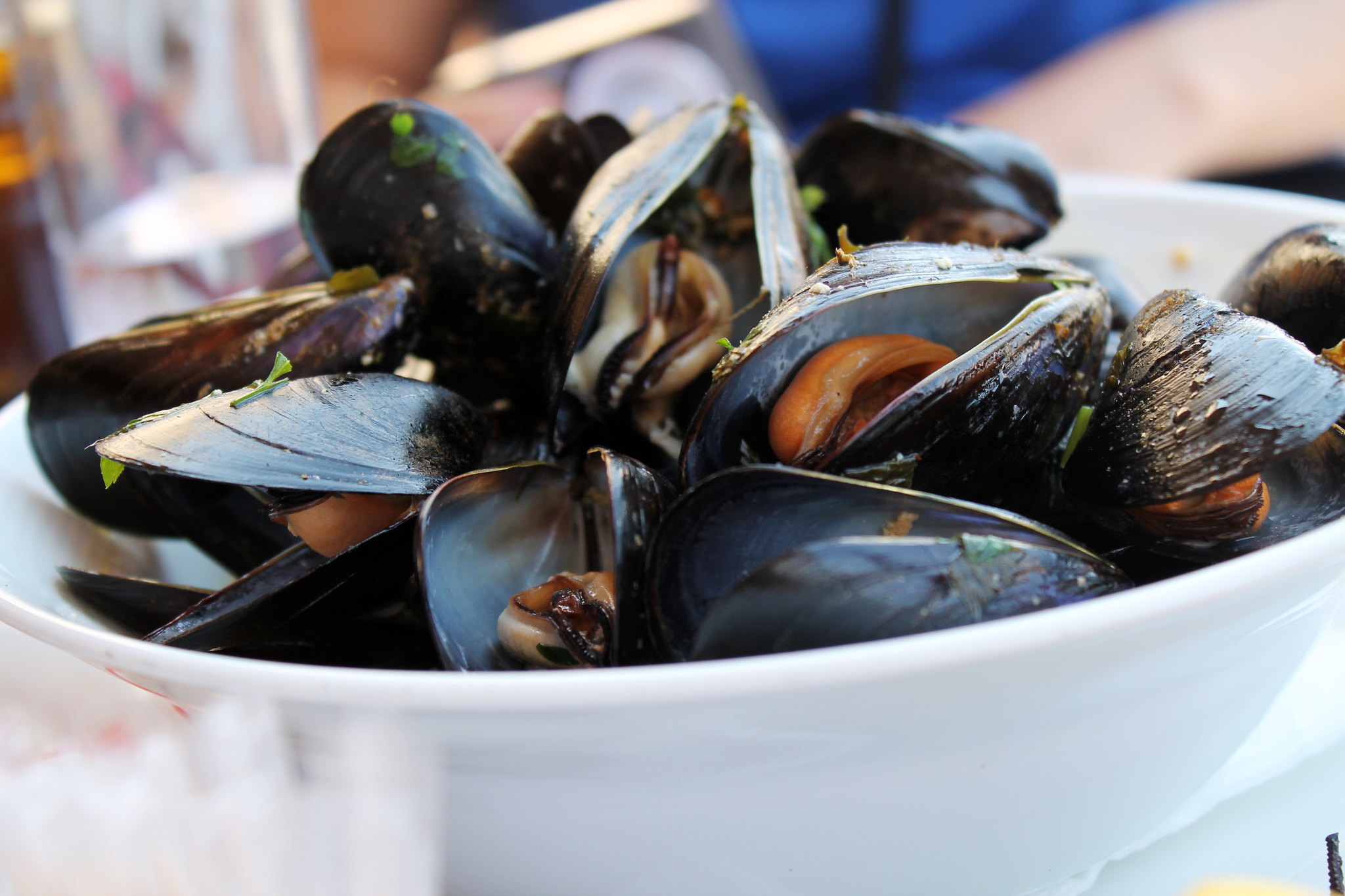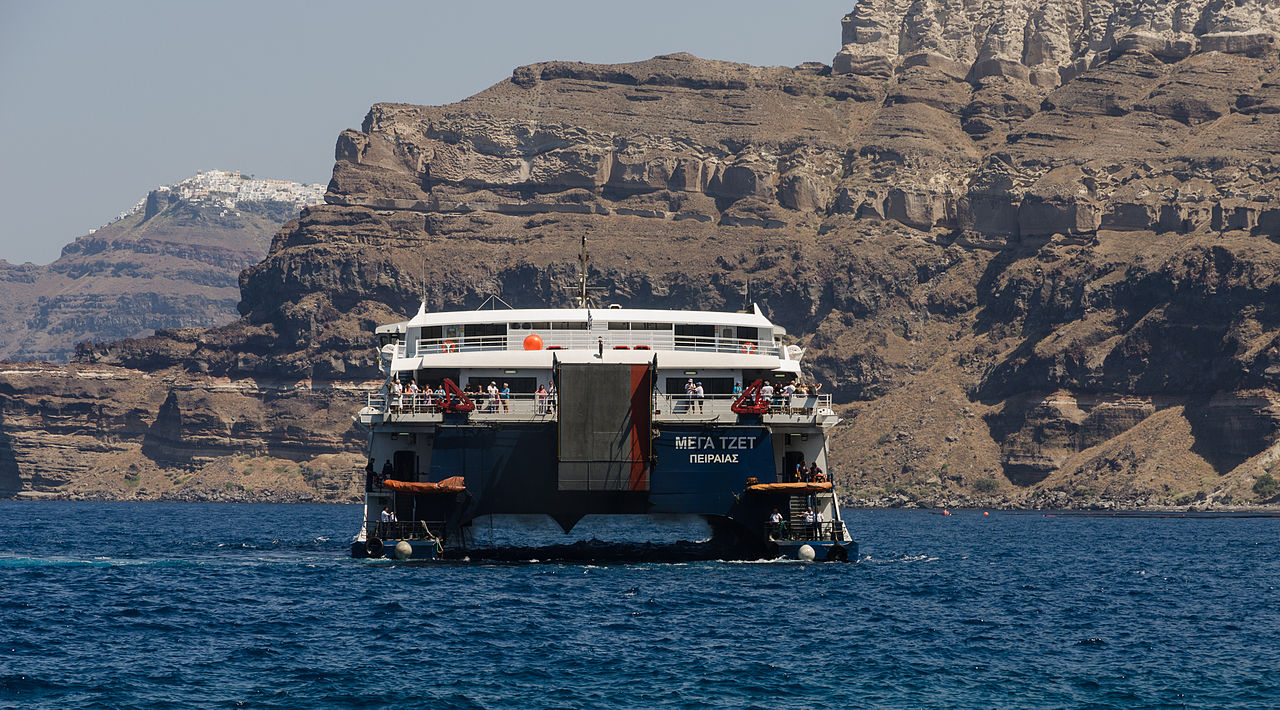Greek mussel farming industry has been severely impacted by extreme heat this summer, with nearly all mussels dying off in what experts call a catastrophic loss. The recent heatwave has forced many Greek taverns to remove mussel dishes from their menus, a blow to the local culinary scene and tourism sector, both of which rely on the availability of this popular dish.
The ongoing climate-related challenges—including extreme heat, droughts, wildfires, floods, and storms—have made Greece one of the most climate-vulnerable tourist destinations in recent years. Record-high sea temperatures have hit the mussel harvest in northern Greece for the second time in three years, with farmers reporting a 90% drop in yields for 2024. Prospects for the next year are similarly bleak, as scientists warn that extreme weather, driven by global warming, poses a serious threat to Greece’s aquaculture.
According to the Hellenic Aquaculture Producers Organization (HAPO), Greece is a major producer of Mediterranean mussels and ranks third in Europe, generating over €619 million in edible aquatic production in 2021. The industry exports nearly 20,000 tons of mussels each year, primarily farmed by small family-run businesses.
Now, many small-scale aquaculture farmers are on the brink of bankruptcy. While some are pressing for government compensation to cover debts, others are reluctantly seeking new employment as they face the impacts of climate change on their livelihoods and Greece’s marine resources.










